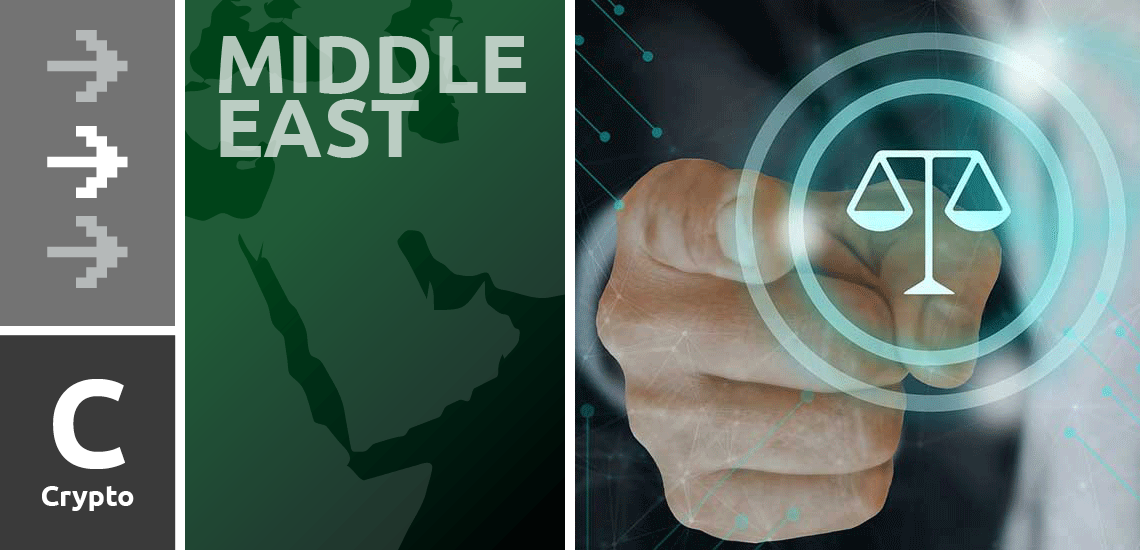
The ongoing debate in the United States regarding the regulation of blockchain technology, web3 industry, and crypto assets is expected to be a major topic in the 2024 presidential elections. With a significant number of American voters already invested in the crypto market, politicians are eager to address this issue. The US Treasury Department is urging Congress to expand its authority over blockchain transactions, including those conducted overseas, in order to combat terrorism funding, particularly in the context of the Israel vs Palestine conflict. The National Bureau for Counter Terror Financing of Israel, with the assistance of on-chain analytics firms, has identified approximately $93 million in digital assets controlled by the Palestinian Islamic Jihad (PIJ) and Hezbollah.The US federal government has turned its attention to the crypto asset industry as it seeks to regain control of the financial system. In addition to targeting centralized crypto exchanges, the US Department of Treasury is now focusing on private stablecoins such as Tether (USDT) and Circle USDC. Deputy Secretary of the Treasury, Wally Adeyemo, has submitted a proposal to Congress outlining the department’s desire to expand its authority in the digital asset space. Adeyemo argues that the current methods of raising and moving money are evolving, and that terrorist groups, including Hamas, are utilizing new virtual methods to fund their activities, including the use of cryptocurrency networks and services.Private stablecoin providers, such as Circle USDC, are lobbying regulators to avoid punitive regulations. Circle’s Chief Strategy Officer, Dante Disparte, has written a letter to Senators Sherrod Brown and Elizabeth Warren, distancing the company from any involvement in terrorism funding. However, Adeyemo insists that stablecoin transactions denominated in US dollars should be subject to more comprehensive regulations.Experts believe that the US Treasury’s push for greater control over stablecoins, even beyond its jurisdiction, will accelerate the ongoing de-dollarization trend. Austin Campbell, founder and managing partner at Zero-Knowledge Consulting, argues that the Treasury’s proposal places unrealistic expectations on web3 software providers who do not have control over how their products are used.In conclusion, the United States is grappling with how to regulate the blockchain and crypto asset industry, with the Treasury Department seeking expanded powers to combat terrorism funding. The focus is now on private stablecoins, and the outcome of this regulatory debate is expected to have significant implications for the future of the crypto market.
This News Article was automatically generated by Bob the Bot (AI)
This News Article was automatically generated by Bob the Bot (AI)
| Information | Details |
|---|---|
| Geography | Middle East |
| Countries | 🇮🇱 🇺🇸 |
| Sentiment | neutral |
| Relevance Score | 1 |
| People | Austin Campbell, Wally Adeyemo, Dante Disparte |
| Companies | Federal Reserve, US Treasury Department, Tether (USDT), Circle USDC, Binance Holdings |
| Currencies | Tether, US Dollar, USDC |
| Securities | None |

